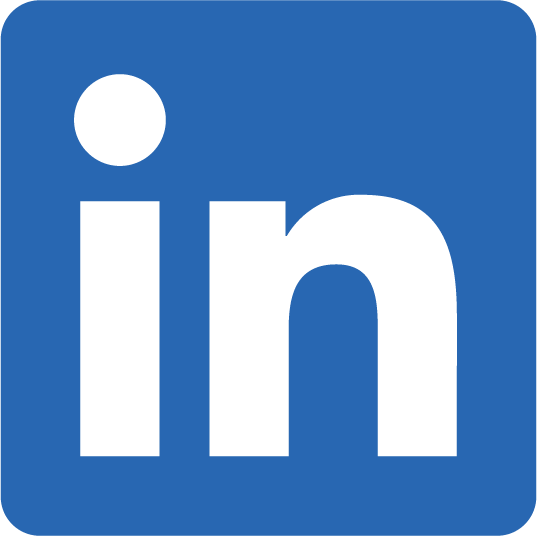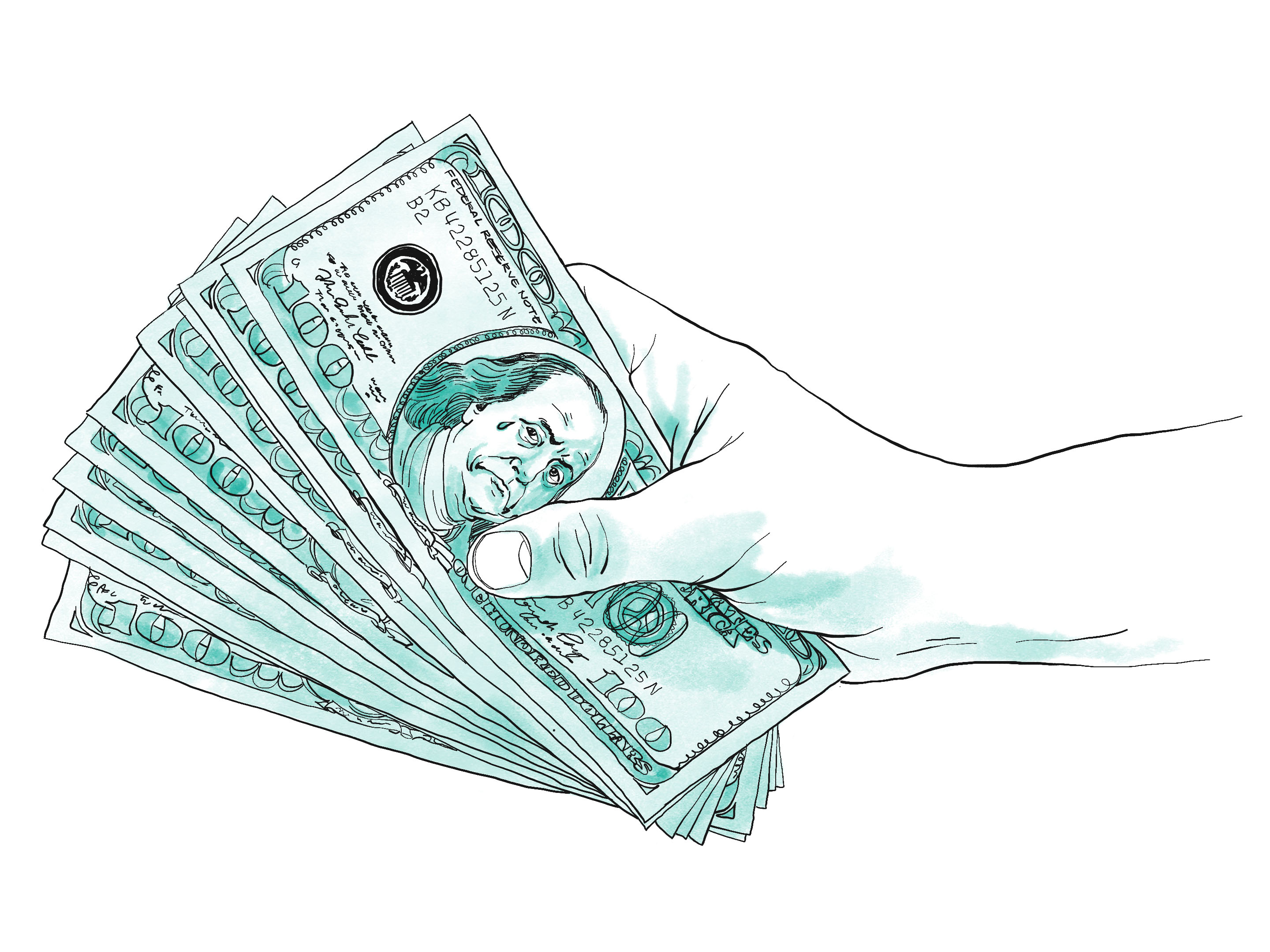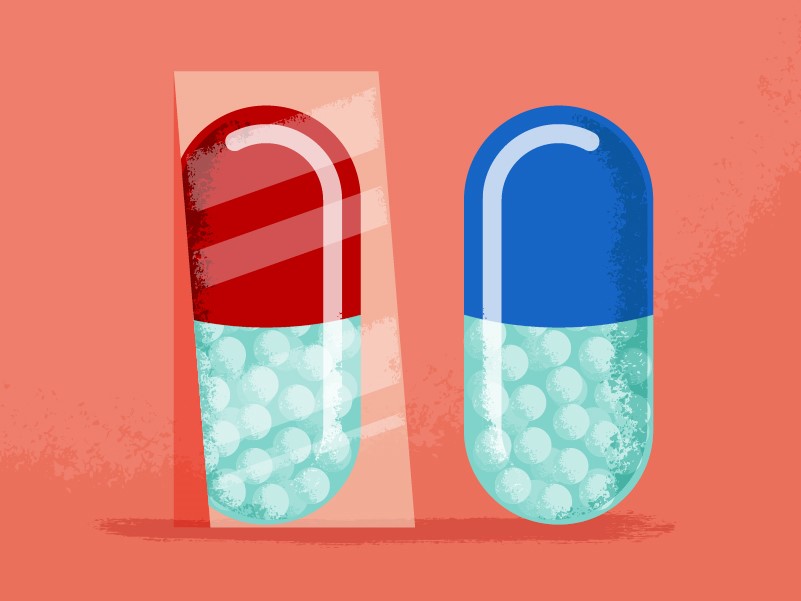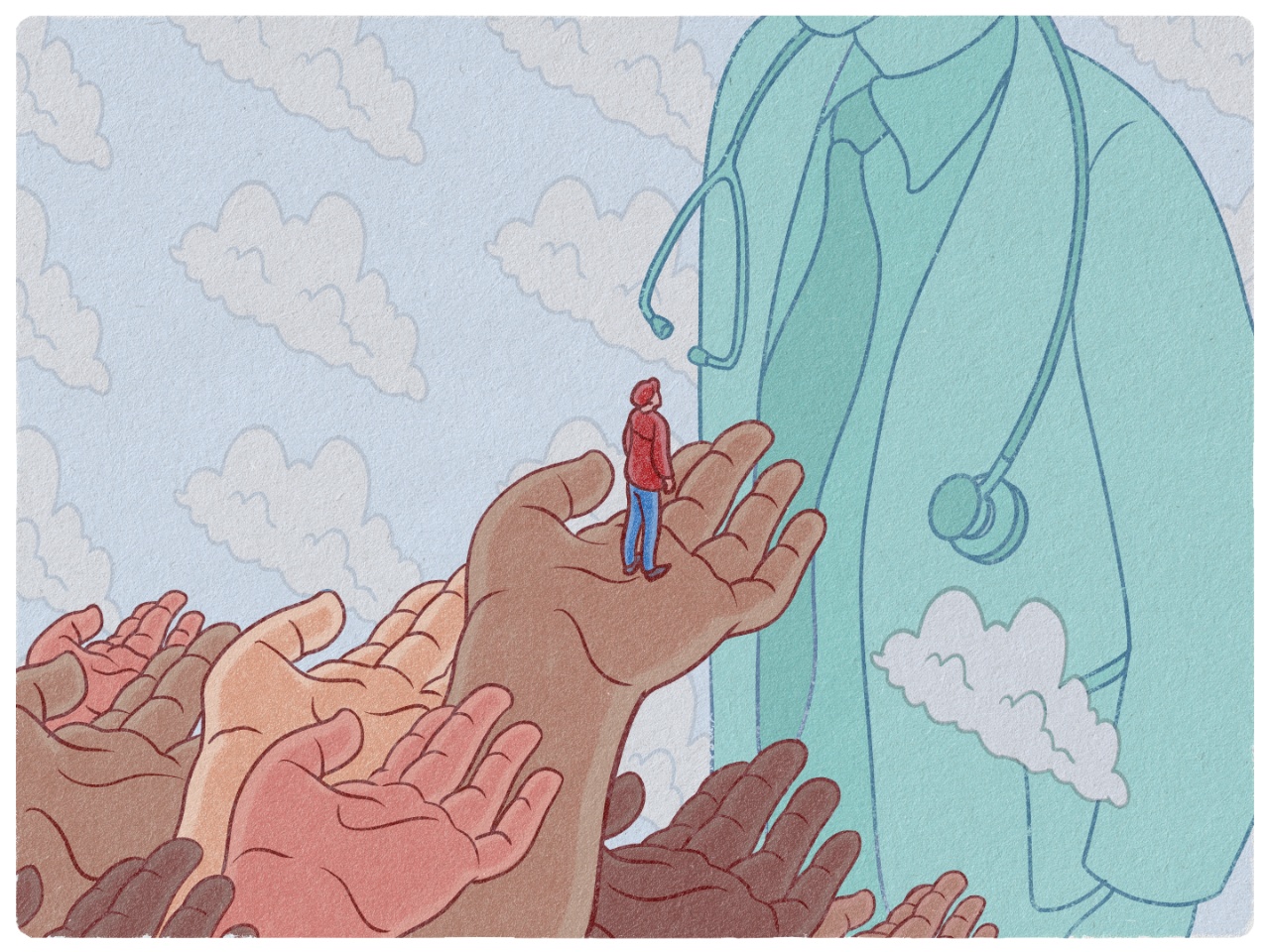Roll Up Your Sleeves, America. The COVID-19 Vaccine’s Here.
Also featured: Ditching the old fax machine, drug duds, doc trends, telehealth and more
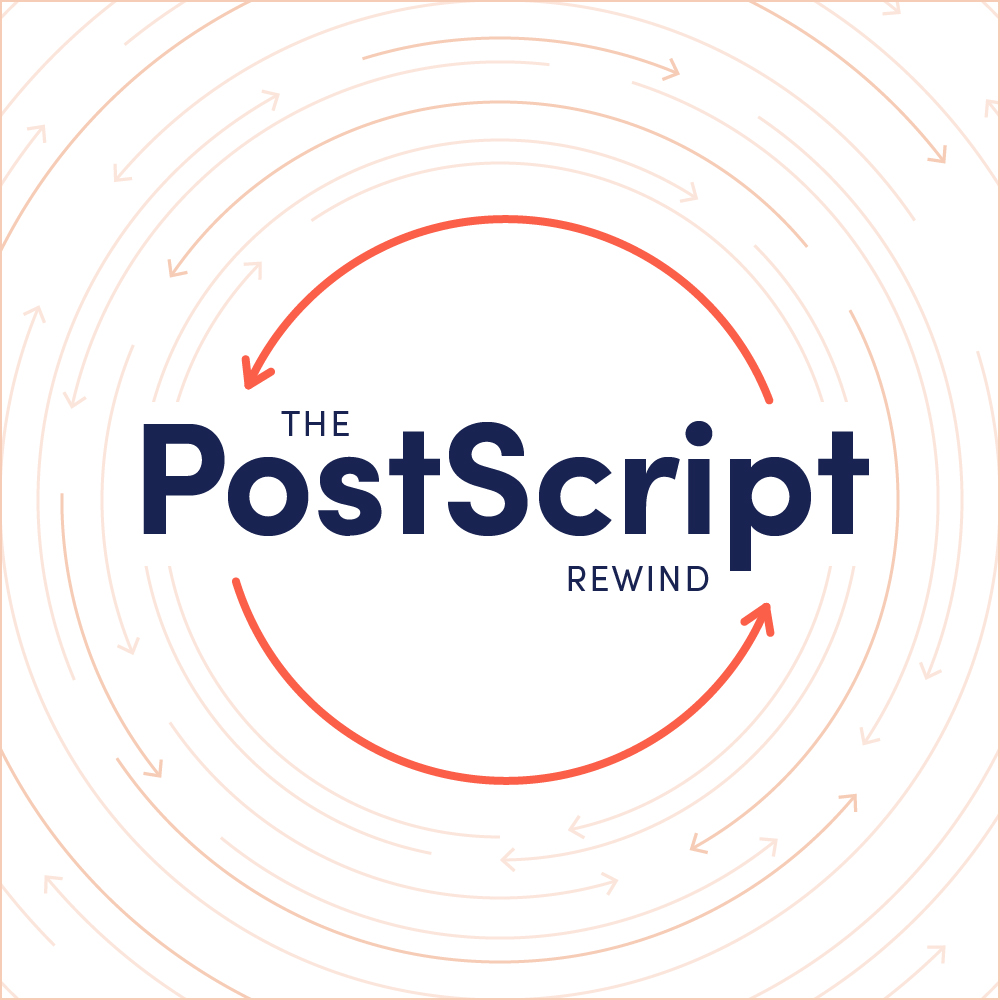
Editor’s note: Welcome to The PostScript Rewind, a biweekly recap of the latest in healthcare news. Featuring what you need to know — none of what you don’t.
The Biden administration hit the ground running in efforts to combat America’s COVID-19 crisis. On the day after inauguration, President Biden signed 10 executive orders aimed at battling the pandemic. Along with a mask mandate and using the Defense Production Act to boost supply production, the plan focuses squarely on getting shots in arms.
The goal is to accelerate vaccine rollout by increasing local and state funding, create more vaccination sites and launch a national education campaign, among other outcomes.
With a target of 100 million shots administered in 100 days, the administration says that’s just the beginning. It will also call on FEMA to set up 100 community vaccination centers next month, and has established a COVID-19 Response Office.
The moves come on the heels of the realization the new administration inherited a nonexistent vaccine distribution plan. One source said that plans are starting from scratch.
Amazon is jumping in to help, too. The online retail and shipping giant sent the new President a letter, offering logistical and technical support. The company said it’s prepared to move quickly to help meet the 100-day goal.
Retail pharmacies are ready to assist, too. Walgreens, Kroger, CVS, and other national chains are said to have the name recognition, scale, staff and scheduling capabilities needed for the massive vaccination effort.
A what machine? Ditching dated IT tools for better data streamlining
Despite extraordinary advances in medicine, the healthcare industry has hung on to a rather old-school communications tool — the fax machine. Up to 89 percent of healthcare organizations still use a fax, but that might (finally) be changing.
Rather than “axe the fax” completely, though, a move to an electronic system should increase efficiency and accessibility, improve workflow and integrate with other systems.
Similarly, a new rule from the federal CMS will streamline prior authorization and promote secure electronic access to health data. “Thanks to this rule, millions of patients will no longer have to wrangle with prior providers or locate ancient fax machines to take possession of their own data,” said a CMS administrator.
The CMS also just finalized a rule calling for a price-comparison tool for use by Medicare Part D customers.
Half of drugs rolled out with fanfare turn out to be duds
Despite enthusiasm on Wall Street and a soaring Nasdaq Biotechnology Index, about half of the novel drugs launched 15 years ago did not reach expectations. Though considered to be “blockbusters,” the drugs underperformed by 20 percent.
In other drug news:
• Some hospitals mark up drug prices on dozens of meds by an average 250 percent, according to a new study. It also found big differences in pricing between hospitals. That data is available because a new federal rule requires hospitals to post pricing info online.
• Entrepreneur and “Shark Tank” regular Mark Cuban is entering the generic drug market.
What are the differences between brand-name and generic drugs? Read on to find out.
What’s up with docs?
• Family medicine residents are increasingly limited by their programs in how much they can interact with drug makers. Overall, 64 percent of residency programs were “pharma free” according to a recent survey.
• Typical primary care exams last 18 minutes, on average running over their scheduled time by more than a minute. The analysis comes from data from over 21 million office visits, and could help with scheduling and payment accuracy.
• Main priorities for physicians for 2021? Managing staff shortages and mental health concerns top the list, according to a report from MGMA based on national weekly polls.
Oh, Amazon
Colossal online retailer Amazon is launching Amazon Pharmacy for its 100 million Prime members, a move that could make it a critical source for prescription meds. It also may boost the company’s wealth of data about individuals, increase competition and set new expectations for customers and pharma companies.
Amazon also seems poised to build a big telehealth business and has started pitching to major employers. But will it work?
• Another telehealth giant, Teladoc, is looking for ways to retain its dominance post-pandemic.
Rx tip of the week
Hate to swallow pills? You’re not alone — one study showed up to 40 percent of people have trouble swallowing pills. Some pills can be crushed or chewed, but it’s important to consult with your pharmacist prior to crushing or chewing tablets. Many tablets are designed to be taken whole and may lead to safety and efficacy concerns if not taken correctly. Your pharmacist may be able to find a liquid or chewable version of the medication for you, address whether the tablet or capsule can be split, crushed, opened, chewed, etc. — or can suggest tips to help you swallow pills more easily.
–Eric Wu, ScriptHero clinical pharmacist
This article is intended for informational purposes only and not intended to be medical advice, nor does it replace professional medical advice, diagnosis, or treatment. If you have any healthcare questions, please seek the advice of your physician or other qualified healthcare provider. If you are experiencing a medical emergency, call your physician or dial 911 immediately.
About the author
Victoria Ellwood is a writer and storyteller in central Ohio, where she writes about everything from academia, the arts and agriculture to healthcare, Shakespeare and small-town living. Her work’s been featured in Modern Farmer and magazines and websites for The Ohio State University College of Arts and Sciences, College of Nursing, Ohio’s Electric Cooperatives, University Libraries, Small Business & Entrepreneurship Council and Small Nation Strong.
This article was last updated February 03, 2021


